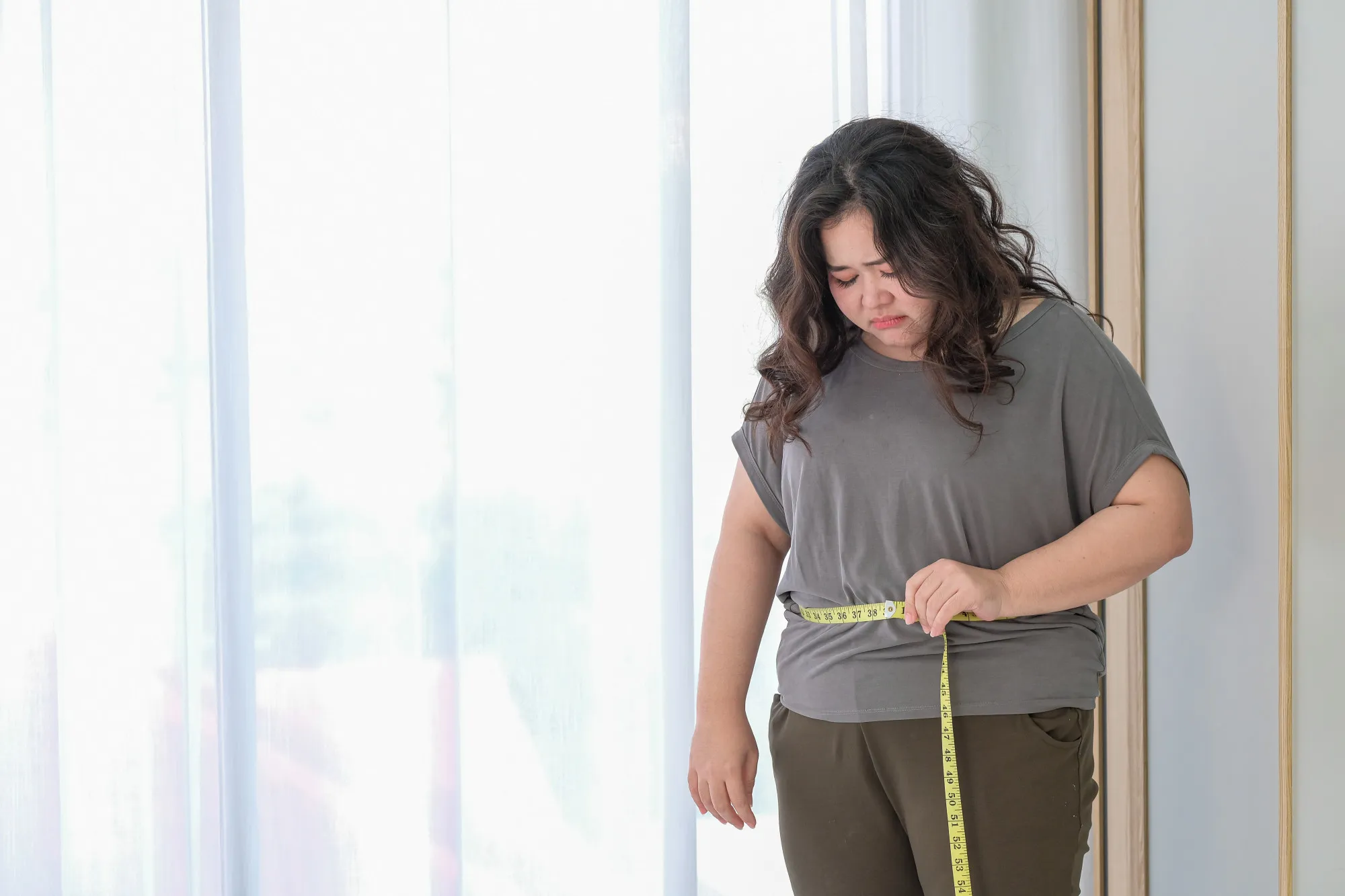With the ever-rising numbers of aging populations and obesity, health care systems worldwide grapple with the growing incidence of knee osteoarthritis (OA)—a condition that can cause significant pain and disability. Addressing two intertwined aspects of this condition, overweight and the knee pain it exacerbates, a novel research endeavor seeks to pave the way for innovative treatment strategies. This double-blind, placebo-controlled trial sets out to examine the efficacy of the drug liraglutide, commonly known for weight management and diabetes treatment, on patients suffering from both overweight and knee OA. The research, if successful, may open doors to a more holistic approach to OA management and provide relief for millions worldwide.
This comprehensive article will delve into the protocol and purpose of the trial based on information from a 2020 BMJ Open article (DOI: 10.1136/bmjopen-2018-024065) by Henrik Gudbergsen et al., referencing several influential studies on obesity, OA, and the liraglutide drug.
Trial Overview
The trial described in BMJ Open (DOI: 10.1136/bmjopen-2018-024065) by Henrik Gudbergsen and colleagues at the Parker Institute, part of Copenhagen University Hospital Bispebjerg-Frederiksberg, set out to examine the influence of liraglutide on body weight and pain experienced by patients with knee OA. Comprising a randomized sample of 150 adult patients with overweight or obesity, this parallel-group trial works in tandem with dietetic interventions to yield a comprehensive approach to managing knee OA symptoms.
Phase and Intervention
Prior to medication administration, participants undergo an eight-week run-in diet phase, during which they adopt a low-calorie diet and receive dietetic counseling (Gudbergsen et al., 2020). Following this, they are randomized to receive either 3 mg/day of liraglutide or a placebo for a year, alongside continued dietary advice focusing on healthy lifestyle engagement and regular food re-introduction.
Primary Outcomes
The co-primary outcomes of this research aim to measure changes in both body weight and knee-related pain using the Knee Injury and Osteoarthritis Outcome Score (KOOS) pain subscale over 52 weeks. This focus on both weight management and symptom alleviation reflects the multidimensional nature of OA and its impact on patients’ quality of life.
Ethical and Oversight Considerations
The trial has received approval from several regulatory bodies, including the regional ethics committee in Denmark’s Capital Region, the Danish Medicines Agency, and the Danish Data Protection Agency. Monitoring is conducted by The Good Clinical Practice Unit at Copenhagen University Hospitals, ensuring strict adherence to ethical and procedural standards.
Potential Impact and Dissemination
Slated for presentation at international scientific meetings and peer-reviewed publications, the findings from this study have the potential to significantly impact clinical practices. By potentially establishing a link between GLP-1 receptor agonists such as liraglutide and symptom management for knee OA, the trial aligns itself with previous research indicating the benefits of weight loss on OA symptoms (Bliddal et al., 2014).
Significance in the Context of Current Medical Knowledge
The trial represents an extension of current knowledge surrounding OA and weight loss. With weight management endorsed as a primary strategy for managing OA (Hochberg et al., 2012; McAlindon et al., 2014), the research further explores the potential of liraglutide—which has shown efficacy in weight management in patients with prediabetes (le Roux et al., 2017)—in this new therapeutic capacity.
Keywords
1. Knee osteoarthritis treatment
2. Liraglutide for weight loss
3. OA and obesity management
4. Pain relief in osteoarthritis
5. Randomized clinical trial OA
References
1. Gudbergsen H, et al. Effect of liraglutide on body weight and pain in patients with overweight and knee osteoarthritis: protocol for a randomised, double-blind, placebo-controlled, parallel-group, single-centre trial. BMJ Open. 2020; 10.1136/bmjopen-2018-024065.
2. Bliddal H, Leeds AR, Christensen R. Osteoarthritis, obesity and weight loss: evidence, hypotheses and horizons – a scoping review. Obes Rev. 2014;15(7):578–86. PMC4238740.
3. le Roux CW, Astrup A, Fujioka K, et al. 3 years of liraglutide versus placebo for type 2 diabetes risk reduction and weight management in individuals with prediabetes: a randomised, double-blind trial. Lancet. 2017;389(10077):1399-409.
4. Hochberg MC, Altman RD, April KT, et al. American College of Rheumatology 2012 recommendations for the use of nonpharmacologic and pharmacologic therapies in osteoarthritis of the hand, hip, and knee. Arthritis Care Res. 2012;64(4):465-74.
5. McAlindon TE, Bannuru RR, Sullivan MC, et al. OARSI guidelines for the non-surgical management of knee osteoarthritis. Osteoarthritis Cartilage. 2014;22(3):363-88.
This article is published under a CC BY-NC license, allowing for non-commercial reuse with proper attribution to the authors and publishers, as stipulated by the BMJ Open article (Gudbergsen et al., 2020).
